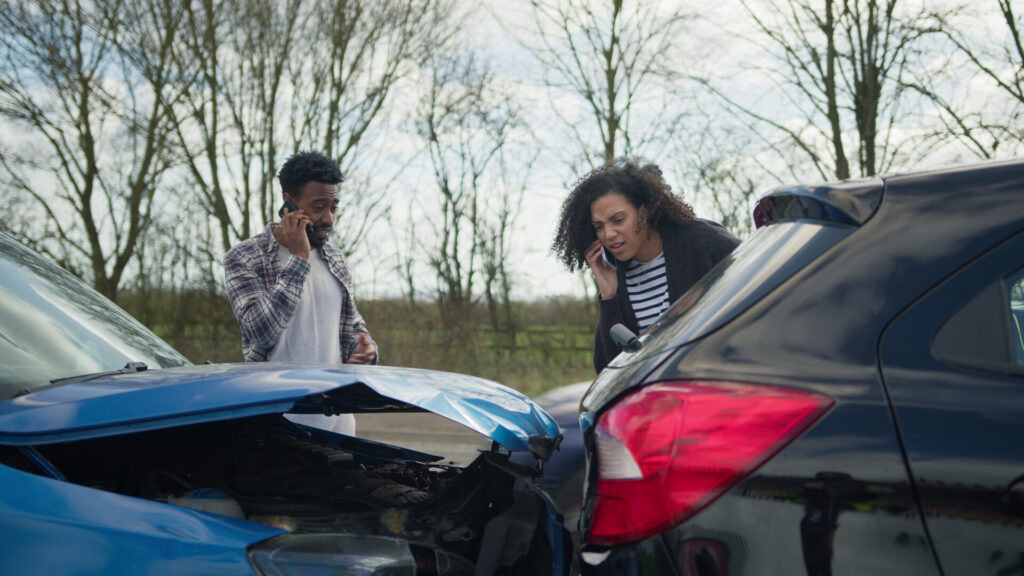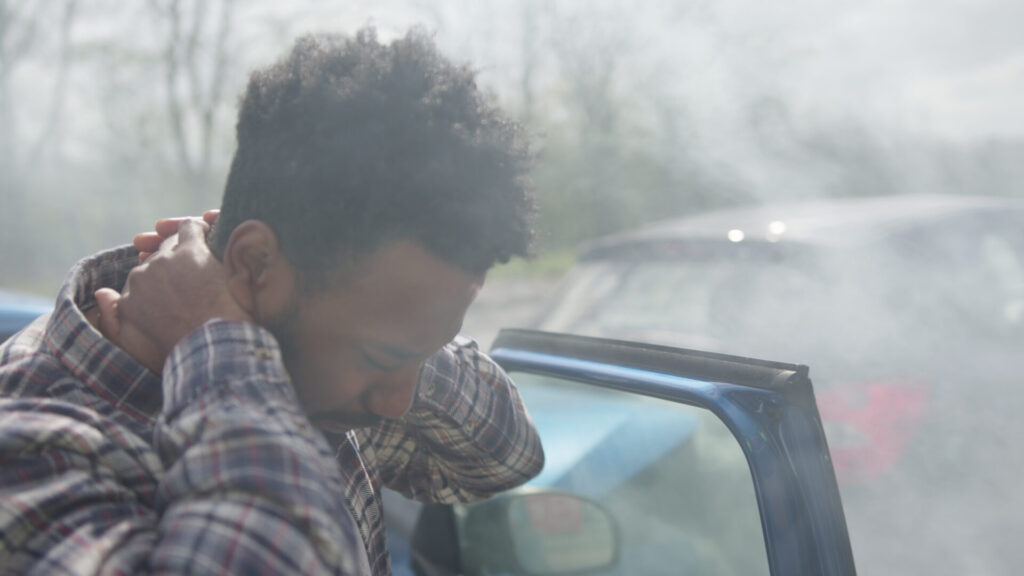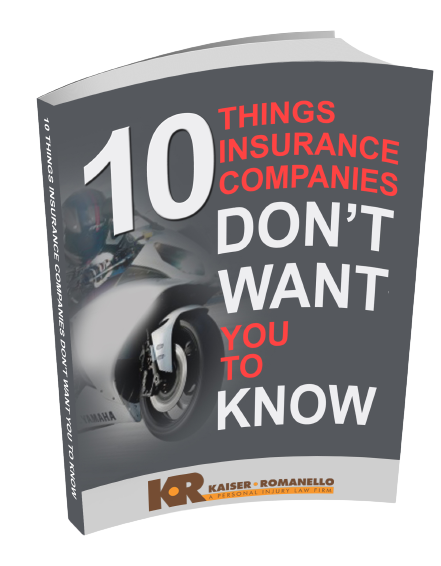Negligence is the main contested issue in personal injury cases. The typical personal injury trial is formulated into two parts: (1) negligence and (2) damages. As the plaintiff, it is your responsibility to prove both. The defendant will then try to defend against the allegations, present mitigating evidence, or argue that you did not meet your burden of proof. Everyone’s heard the word “negligence” before, but what does it actually mean?
According to Black’s Law Dictionary, negligence is “the failure to exercise the standard of care that a reasonably prudent person would have exercised in a similar situation.” Black’s Law Dictionary originated in the nineteenth century. As such, it contains a lot of legal mumbo jumbo that is of no use to the layman. In order to easily explain negligence, it is best to break it down into four components.
Negligence occurs when:
- The defendant owed a legal duty of care to the plaintiff;
- The defendant failed to exercise this duty of care;
- The defendant’s breach of duty caused an accident; and
- The accident resulted in injuries to the plaintiff.
As discussed in another blog post, personal injury law is broken up into an infinite number of categories, such as auto accidents, premises liability, and products liability. The way negligence is proven will vary based on this category and will be defined in the statute or case law. Each type of accident has its own unique burden of proof and duty of care. This duty of care is predicated on the idea of the “reasonably prudent person.” Tort law assumes that the average person will exercise a reasonable level of care towards another person with whom he has a special relationship. For instance, the reasonably prudent restaurant owner monitors the seating area for spills and puddles. When he discovers one, he notifies guests by placing a wet floor sign over the puddle, then mops or dries up the mess. A restaurant owner fails to act as a reasonably prudent restaurant owner when he fails to take any steps to remedy the wet floor situation. If the owner sees the puddle but doesn’t bother to clean it up, the owner may be liable if a customer later slips and falls.
Legal duties of care are defined by the relationship between the parties. There are limitless duties of care. Common ones include:
- Landlord to tenant
- Driver to other drivers, pedestrians, motorcyclists, and cyclists
- Dog owner to neighbors
- Employer to employee
- Construction worksite manager to construction worker
- Amusement park to tourists
The fourth element of negligence may seem like the easiest to prove, but in fact, it is often heavily contested. Many individuals have pre-existing injuries or subsequently occurring yet unrelated medical conditions that make it incredibly difficult to determine if the injury arose from the accident. These types of cases usually require medical expert analysis and testimony.
In many cases, the defendant will actually concede negligence. This happens more commonly in car accident cases. However, instead of bowing down and shelling out the full value of compensation, the defendant will instead fight the plaintiff on the value of compensation. There are whole trials that take years to prep and last weeks or even months just on the issue of compensation. Many forms of compensation are amorphous, like pain and suffering. In addition, it is often difficult to anticipate true costs of injuries if treatment extends into the future or creates a permanent disability.
If you believe you were injured due to the negligence of another, contact our South Florida negligence lawyers at Kaiser Romanello at 844-877-8679 to schedule a free consultation.
Source: Black’s Law Dictionary











